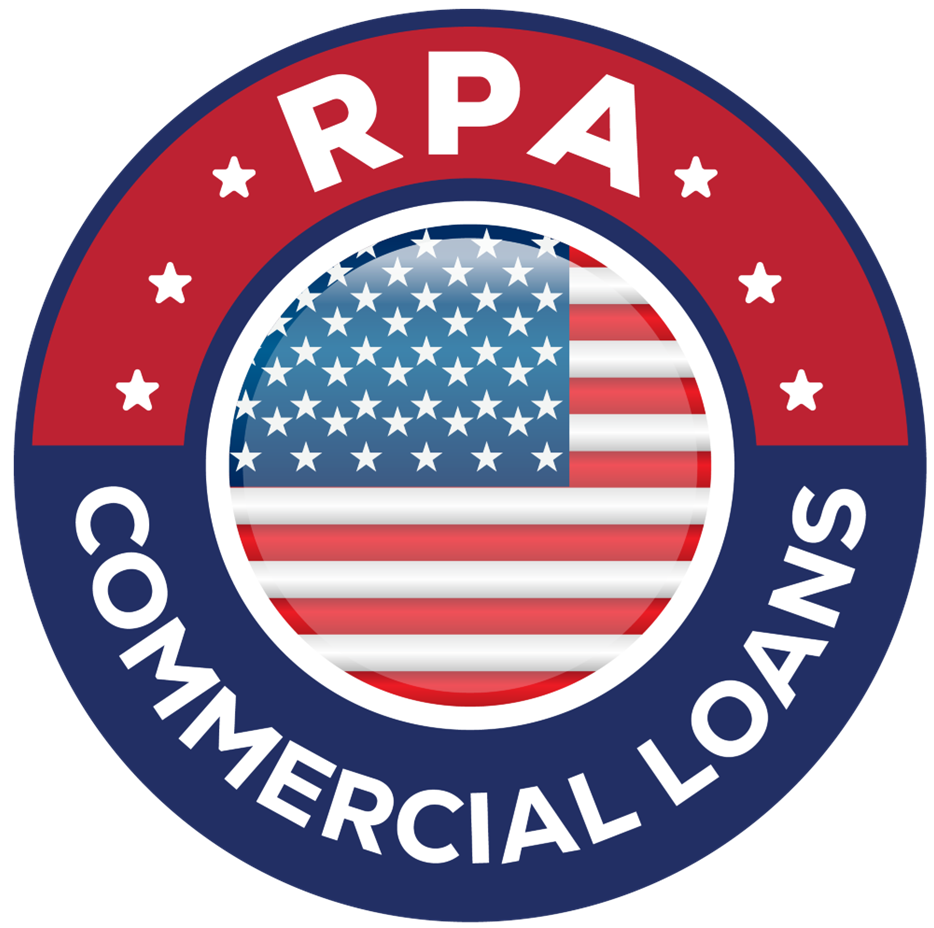When you receive your term sheet, or perhaps while viewing loan specifications, you may see some peculiar wording with regard to non-recourse loans.
As you probably know, commercial loans can be full-recourse or non-recourse. This differs from residential loans in that most residential first mortgages are non-recourse, meaning that if a borrower defaults, the bank can take the property, but cannot chase the borrower for a deficiency balance. Second and subsequent mortgages are often full-recourse (just like auto loans), which means that if the sale of the property is not sufficient to satisfy the debt, then the lender may chase the borrower for the unpaid amount.
For a commercial loan that is non-recourse, a lender generally cannot pursue a borrower after foreclosure for any unpaid amounts owing, but there are some exceptions to this.
You may see something like the following on a term sheet or listed in a loan specification:
RECOURSE: Non-recourse except for standard "bad boy" carve-outs.
What are these "bad boy" carve-outs?
Well, if a borrower acts in a way that puts the lender's recovery at risk, this can come-back to harm the borrower.
If you have ever looked at homes offered for auction, due to foreclosure, you may notice damage done by the previous owner that may have been intentional. This would be an example of a "bad boy" act.
Bad Boy acts include the following "bad boy" behaviors:
- Fraud or intentional misrepresentation by the borrower (lying or deception to get a loan).
- Waste or intentional damage to the property (like the example above).
- Gross negligence or criminal acts of the borrower that result in forfeiture, seizure, or loss of any portion of the mortgaged property (illegal acts on the premises).
- Misapplication or misappropriation of rents, insurance proceeds, or condemnation awards received by the borrower after the occurrence, and during the occurrence, of an event of default.
- Any sale, conveyance, mortgage, grant, bargain, encumbrance, pledge, assignment, or transfer of the mortgaged property, or any part thereof, without the prior, written consent of the lender (e.g. Unapproved second mortgage, wrap-around mortgage to a buyer, quitclaim, etc.) when prohibited by the original loan terms.
Any of the above actions will void the non-recourse aspect of a commercial loan and make it recourse. So, if ever in a position where you will default on a commercial loan, be sure that you haven't done anything to, or against, the property that may trigger recourse actions by the lender.
Misbehavior on your part can have catastrophic consequences. Be a "good boy/girl."




